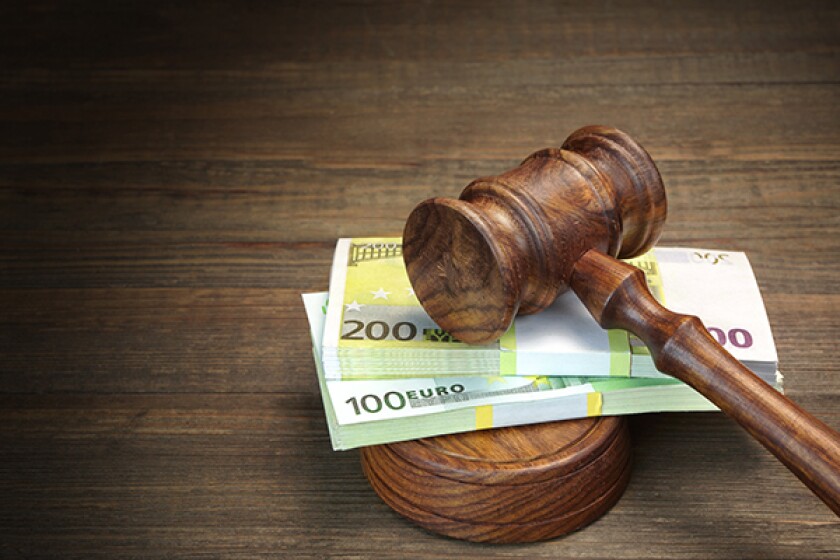On May 2 2019, the Court of Justice of the European Union (CJEU) ruled that a late response to a request for information from an EU member state from which a non-established (EU) taxpayer is requesting a VAT refund does not affect the taxpayer's right to regularise its situation with the national competent authorities (C-133/18).
Taxpayers often incur VAT in member states where they do not have a VAT establishment for costs such as hotels or other accommodation, restaurants, cabs or other forms of transport, seminars, training or fairs and attendance at similar events. The EU VAT Directive (EU directive 2008/09/EC) provides that such VAT can be reclaimed via the website of the taxpayer's national VAT authorities before September 30 of the year following the refund period, i.e. the period in which the VAT was incurred.
The directive also provides that the VAT authorities of the member states from which the taxpayer is reclaiming VAT may request additional information, in particular from the taxpayer or from the competent authorities of the member state where the taxpayer is established. Article 20(2) of the directive requires that a response to an information request must be submitted within one month from the date the request is received.
The case before the CJEU involved a German company that incurred French VAT on some of its costs and submitted a refund claim. The French VAT authorities requested additional information but the company failed to respond within the one-month period. As a result, the French tax authorities denied the refund. The German company appealed the case to the French court, which referred the case to the CJEU.
The CJEU held that the one-month period is not a mandatory time limit for the taxpayer and that failure to respond within this period should not result in the automatic forfeiture of the right to a VAT refund. The taxpayer should be given the opportunity to regularise its VAT refund application by filing an appeal with the competent domestic authority or court and providing additional information to establish the existence of the right to a VAT refund.
The CJEU based its decision on various factors, including the fact that the tax authorities may request information from a third party and that a late response in that case may not affect the rights of the taxpayer. The CJEU also noted that Article 20(2), unlike other provisions in the VAT Directive, does not set time limits on responding to information requests and, for example, does not include wording such as "not later than".
This decision contrasts with a 2012 decision of the CJEU, in which it held that the limit for submitting a VAT refund application (September 30 of the calendar year following the refund period) is a mandatory limit. Failure to comply with the deadline leads to the automatic forfeiture of the right to a refund.
The May 2 decision potentially opens opportunities for affected taxpayers, but also should encourage taxpayers to familiarise themselves with the provisions of the VAT directives and regulations that include deadlines.
Deloitte Luxembourg













